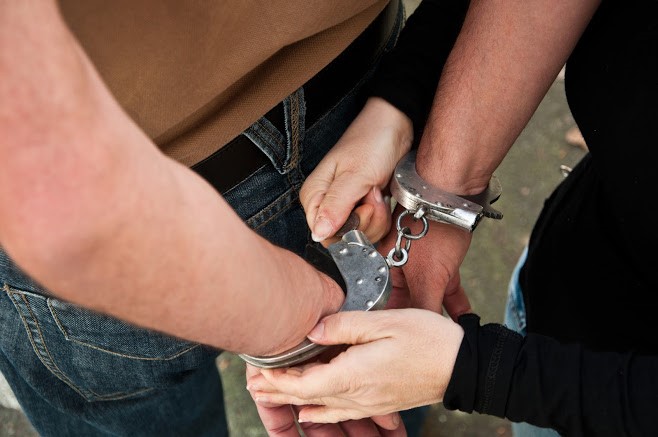FREE CONSULTATION - 757.491.4141 ![]()
Avoid Self-Incrimination Before & After Arrest
One of the biggest mistakes people make before and after an arrest is incriminate themselves. Unfortunately, many people want to help the police and forget that they are a suspect of a crime. By paying attention to these tips, you can avoid incriminating yourself when speaking with police officers and detectives.
You Don’t Have to Say Anything
First, remember that you have the right to remain silent when police officers approach you with questions. You do have to show officers your driver’s license or identify yourself if approached by police regarding a crime, but you do not have to give other information about what you witnessed, where you are going, or where you have been.
Some people want to testify on their own behalf in court, but this is not always the wisest decision. Remember that when you testify in court, the prosecution has the right to cross-examine you. The questions you must answer could be loaded or damaging for your reputation.
Additionally, don’t talk about your case with anybody, even family members. The only person you should discuss your case with is your attorney, and you should ensure that you give your attorney all the necessary information.
Remember that if you are in jail or prison, your phone calls, mail, and visits may be screened. Consider the lack of privacy when discussing your case to avoid accidentally saying something that could make you appear guilty.
Know That Police Officers Can Lie to You
Many people do not realize that police officers can lie about the details of the crime or even the criminal justice process. For example, police officers sometimes tell the suspect that they have evidence, including DNA, to get the suspect to admit they committed a crime.
Additionally, police officers may say that the judge will be easier on you if you simply admit what you’ve done. Unfortunately, this is not the case. Law enforcement personnel are trying to get information out of you.
Stay Off Social Media
Your social media profiles can be used against you in court. If you are the suspect of a crime, avoid posting anything on social media. Even innocent, innocuous posts may be spun and used against you.
Some people think they can adjust their privacy settings to prevent law enforcement from seeing their posts. This is not the case. Not only are privacy settings often easy to get around, but prosecutors can also subpoena your social media records. Even posts that you deleted could be brought to light.
Gather Information
Ensure that you pay attention to the details of your case so you understand exactly what you are accused of. You may not need to know the ins and outs of the law, but you definitely need to know the allegations you are facing so you can avoid making statements that could incriminate you.
Hire a Criminal Defense Attorney
Finally, ensure that you hire an attorney to cover your criminal defense. Many people are under the impression that they do not need an attorney if they are not guilty, but everybody deserves an adequate legal defense against any allegations.
Your criminal defense attorney is a solid tool against self-incrimination because he or she helps you determine if you should testify on your own behalf, what evidence will best defend you in court, and who you should talk to, if anybody.
You can count on Thomas, Adams & Associates to provide legal services throughout Virginia. In addition to focusing on personal injury and domestic law, we also offer criminal defense services. We understand the importance of working closely with our clients. Call us today to see how we can work for you.

